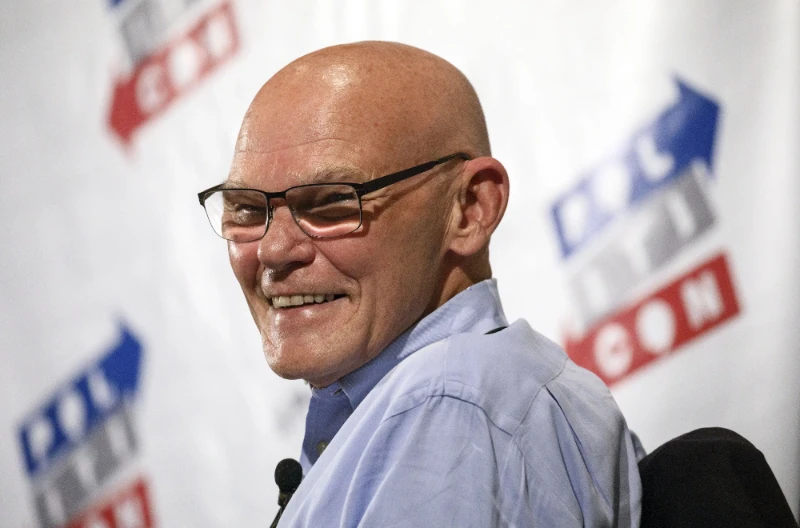Target's DEI Rollback: A Corporate Betrayal
As Target retreats from its Diversity, Equity, and Inclusion initiatives, stakeholders question the implications for corporate accountability and social justice in America.
In a surprising move that has sent ripples through the corporate world, Target recently announced the rollback of its Diversity, Equity, and Inclusion (DEI) programs. This decision has sparked immediate reactions from various stakeholders, raising significant concerns about the implications for corporate responsibility and social justice. The rollback is seen by many as a step backward in the fight for racial equity and inclusion within major corporations.
Target has long been recognized for its commitment to DEI initiatives, which have been integral to its brand identity. These programs were not only seen as ethical imperatives but also as sound business practices that contributed to community well-being and customer satisfaction. "The better the service, the happier the customer," noted Anne S. Dayton in a letter expressing her dismay over Target's recent decision.
The Dayton family, who played a pivotal role in transforming Target into a national retailer, have publicly expressed their disappointment with this shift. They view it as a betrayal of the principles upon which their father built the company - principles that emphasized excellence and community welfare. "We are alarmed how quickly the business community has given in to current administration’s retaliatory threats," stated Lucy B. Dayton.
This development at Target could have broader implications for corporate America as companies may face increased pressure from political entities to align with certain ideologies or policies. Civil rights organizations have voiced their concern over what this signifies about corporate accountability when it comes to addressing social issues.
"By cowering," said Anne S. Dayton, "Target and others are undermining very principles that made them successful." Such sentiments reflect fears that other corporations might follow suit if they perceive similar pressures or threats from political bodies.
Business experts warn that this shift could impact consumer trust and loyalty towards Target. As one expert put it: "Consumers expect brands like Target to stand firm on values they’ve championed for years." There is apprehension about potential misuse of power by corporations when responding to external pressures.
Community leaders argue that rollbacks like these undermine progress made in racial equity efforts across industries. They fear such actions could set back years of advancement toward more inclusive workplaces and equitable treatment of employees.
Social media platforms have become battlegrounds where public sentiment is divided between those supporting DEI initiatives versus advocates for more neutral corporate stances.
The public's reaction to Target's rollback of DEI programs has been mixed, with social media platforms becoming a battleground for differing opinions. Some users have expressed their disappointment and concern over the decision, fearing it represents a step backward in corporate responsibility and inclusivity. "Target's decision is not just disappointing; it's alarming," tweeted one user, reflecting a sentiment shared by many who believe that such actions could set a dangerous precedent for other companies.
Conversely, there are those who support Target's move, arguing that corporations should focus on business rather than social issues. This perspective suggests that DEI initiatives may distract from core business objectives or be seen as pandering to political correctness.
Target executives have defended their decision by stating it was necessary due to changing market conditions and external pressures. They argue that maintaining profitability and shareholder value sometimes requires difficult choices. However, critics remain skeptical about these justifications. "It's hard not to see this as anything but self-serving," remarked an industry analyst.
"We are alarmed how quickly the business community has given in to the current administration’s retaliatory threats." - Anne S. Dayton
Legal experts have also weighed in on the situation, highlighting potential implications for corporate governance and ethical responsibilities. The rollback raises questions about whether companies can balance profit motives with social accountability without compromising either.
As other companies observe Target's approach, there's speculation about whether they will follow suit or uphold their commitments to DEI initiatives despite similar pressures. The outcome could influence future corporate strategies across various industries.
The risks associated with undermining DEI efforts extend beyond public perception; they also affect employee morale and retention rates within organizations committed to diversity goals. Employees may feel disillusioned if they perceive their company's values being compromised.
